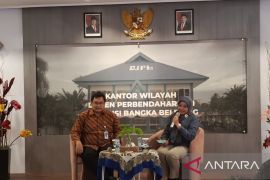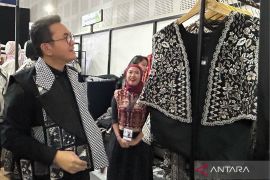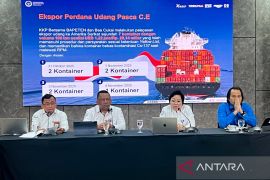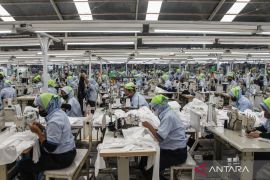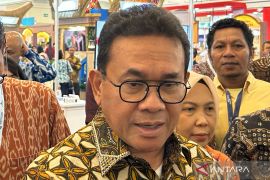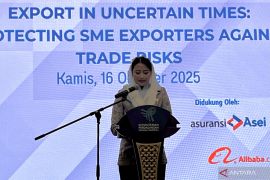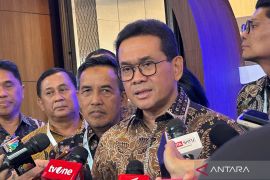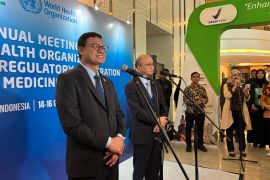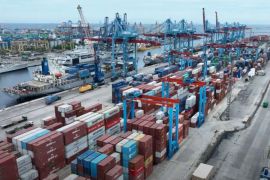"President (Joko Widodo) has instructed us to open non-traditional markets. (The exports to the non-traditional markets) have begun to increase significantly although we have not signed trade contracts with them," he told a press conference held to commemorate three years of President Widodo and Vice President Jusuf Kallas administration.
With the opening of the non-traditional markets, the government has expressed hope that Indonesias export performance will rely not only on traditional markets but also on non-traditional markets.
Indonesias exports fell 3.51 percent to US$14.54 billion in September 2017 from $15.22 billion a month earlier, according to the Central Statistics Agency (BPS).
Despite the drop, the BPS noted that exports to non-traditional markets has recorded relatively high growth, with the exports to Turkey increasing 17.22 percent and Egypt 44.33 percent year-on-year.
"In addition, we also have encouraged local companies to invest in several countries (of export destination). Of course, the investment will have an impact on exports," he stated.
The investment by the national companies in the countries of export destinations will hopefully improve the countrys export performance, the minister noted.
The raw materials used to produce goods in the countries of investment destination will mostly come from Indonesia, he added.
Indonesias exports in the January-September 2017 period reached $123.36 billion, up 17.36 percent compared to the same period last year, the BPS remarked.
During the January-September 2017 period, Indonesia recorded a foreign trade surplus of $10.57 billion, with exports reaching $123.36 billion and imports totaling $112.49 billion. The surplus was recorded at $6.41 billion in the same period last year.(*)
Editor: Heru Purwanto
Copyright © ANTARA 2017
